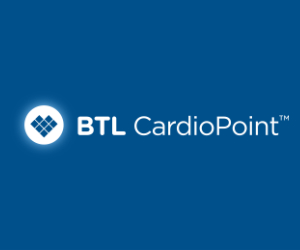Peculiarities of poisoning in children
Poisoning is a global public health problem. In children, poisoning is divided into two groups: unintentional and intentional poisoning, where each group has its own characteristic features. Monitoring results show that 90% of all poisonings happen at home, and most often unintentional poisonings happen in children between 3 and 5 years of age, the cause being medications. In Croatia, there is no poisoning registry. The assessment is carried out according to hospital morbidity, which is 2-5% of hospital treated children, in some institutions even more (up to 10%). According to the character, intervention and care, poisonings are considered as emergencies. A small number of pediatric patients treated for acute poisoning require the application of antidotes and intensive care. Along with having the knowledge of the basic rules of treating patients with acute poisoning, it is even more important to take preventive measures which are insufficient. The absence of a national poisoning registry further complicates the monitoring and planning of preventive measures.
Key words:
children; poisoning; poisoning registry





